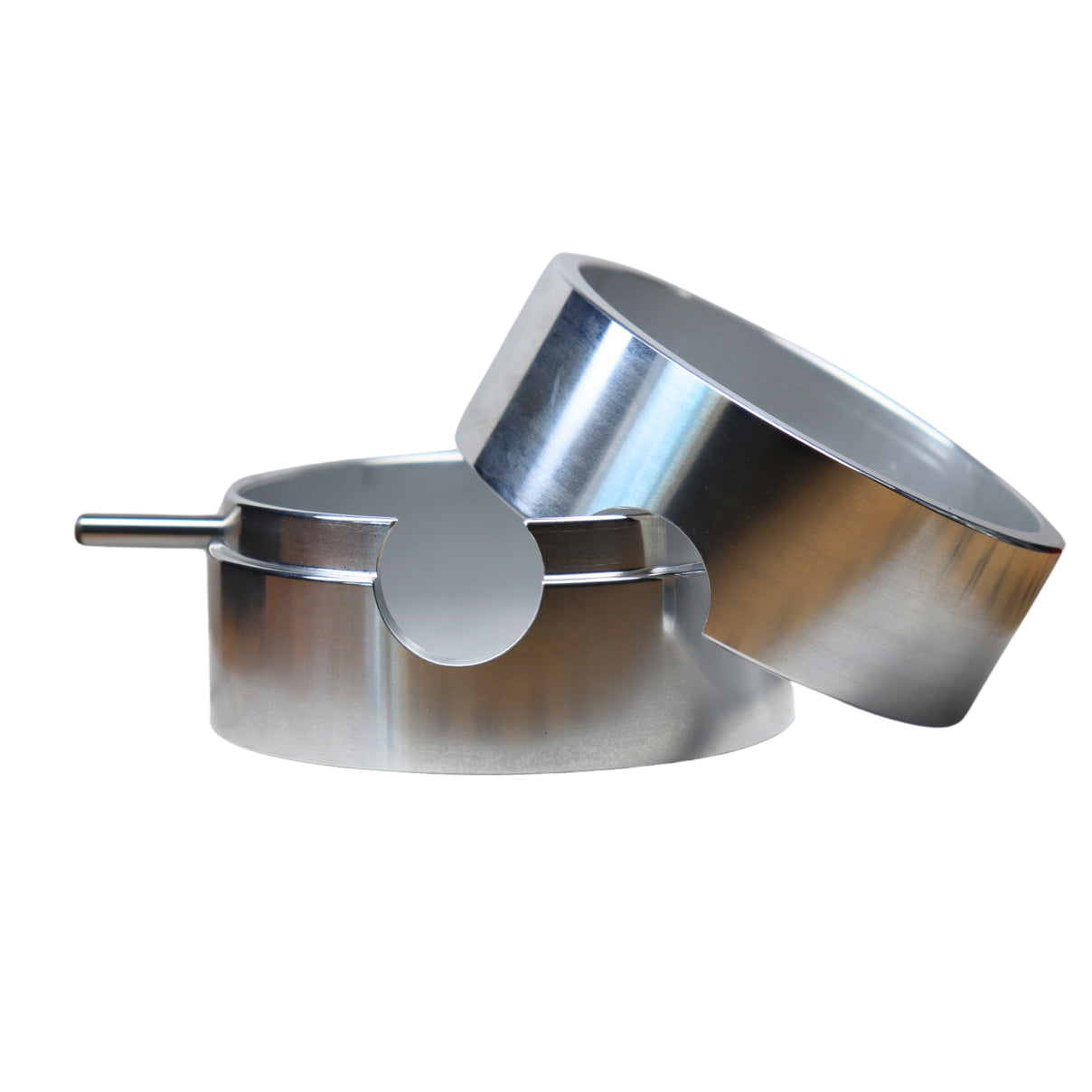Aluminum Casting and its role in sustainable manufacturing
Ideal Practices for Upkeep and Applications in the Aluminum Shop Sector: An In-depth Introduction
Maintaining equipment in the light weight aluminum foundry sector is necessary for functional success. Regular inspections and anticipating upkeep can substantially lower downtime and boost safety. Advanced innovations, such as IoT and data analytics, play an essential role in this process. Understanding the complete scope of finest techniques needs a more detailed examination of specific techniques and their influences on effectiveness. What are the essential elements that contribute to a reliable upkeep framework?
Relevance of Regular Maintenance in Light Weight Aluminum Foundries
Routine maintenance plays a necessary role in the effective operation of light weight aluminum factories. By systematically servicing and examining devices, shops ensure peak performance and durability of equipment. Routine upkeep activities, such as lubrication, element, and cleaning replacement, help protect against unforeseen break downs that can bring about expensive downtime.
In addition, routine checks enhance work environment safety by identifying possible hazards prior to they rise right into major problems. Equipment that is well-kept runs a lot more efficiently, bring about improved product high quality and decreased waste. Additionally, adherence to an organized maintenance routine can sustain compliance with industry guidelines, consequently promoting a reputation for integrity and top quality within the market.
Applying Anticipating Upkeep Strategies
Predictive maintenance approaches take the concepts of regular maintenance a step even more by leveraging data analytics and advanced tracking innovations. In light weight aluminum foundries, these methods allow drivers to expect devices failings before they occur, therefore minimizing unexpected downtimes and enhancing operational efficiency. By using sensors and IoT tools, real-time information can be gathered on equipment efficiency, enabling the identification of potential concerns with predictive analytics.
Optimizing Melting and Putting Procedures
Efficient melting and putting processes are vital for making best use of efficiency and guaranteeing the quality of light weight aluminum castings. To boost these processes, factories need to concentrate on specific temperature level control during melting, as this straight affects the metallurgical residential properties of the alloy. Making use of innovative melting technologies, such as induction and resistance melting, can improve power efficiency and reduce cycle times.
In addition, carrying out automated pouring systems lessens human error and preserves uniformity in the pouring process. Appropriate mold and mildew prep work, including adequate preheating, is vital to stop thermal shock and enhance mold and mildew long life.

Enhancing Safety Methods in Shop Workflow
Focusing on safety in aluminum factory operations is crucial for safeguarding workers and guaranteeing an efficient setting. Efficient security protocols include normal training sessions that emphasize the significance of personal safety tools (PPE), such as gloves, safety helmets, and safety glasses. Furthermore, the establishment of clear emergency situation procedures is essential in taking care of potential mishaps.
Regular assessments of tools and machinery assistance identify hazards before they intensify right into severe problems. Executing a durable reporting system urges workers to connect safety and security concerns without worry of repercussion. Moreover, fostering a society of security warranties that every staff member understands their role in check my reference preserving a secure office.
On top of that, ensuring appropriate air flow and monitoring air quality can alleviate exposure to hazardous fumes and dirt. By enhancing these methods, light weight aluminum shops can substantially decrease the danger of crashes and create an atmosphere where staff members feel valued and secure, ultimately enhancing total operational efficiency.
Leveraging Innovation for Improved Efficiency
Utilizing sophisticated innovation has ended up being increasingly essential for aluminum shops intending to boost functional efficiency. Automation and robotics play an important duty in enhancing production processes, lowering labor costs, and minimizing human error. Implementing real-time monitoring systems permits for the constant assessment of tools performance, enabling proactive upkeep and decreasing downtime.
The combination of information analytics gives beneficial understandings into functional operations, assisting in much better decision-making and source appropriation. For instance, predictive analytics can recognize possible failings prior to they take place, more maximizing upkeep routines.
Furthermore, adopting sophisticated melting and spreading technologies boosts power effectiveness and material return, which are essential for sustainability in the sector. By embracing these technological developments, light weight aluminum shops can not only enhance productivity yet also preserve an one-upmanship in read the article a progressively requiring market (aluminum foundry). Ultimately, leveraging modern technology is critical in driving development and enhancing overall operational performance within the market

Regularly Asked Inquiries
What Prevail Signs of Devices Wear in Aluminum Foundries?
Typical signs of devices wear in light weight aluminum shops consist of unusual sounds, decreased efficiency, boosted resonance, my sources overheating parts, leakages, and noticeable corrosion. These indicators typically signal the demand for maintenance or possible substitute to stay clear of costly downtime.
Exactly How Can I Train Staff for Effective Upkeep Practices?
To train personnel for reliable maintenance practices, one can apply hands-on workshops, develop detailed handbooks, urge mentorship programs, and perform routine analyses to review abilities and knowledge, making certain all workers recognize upkeep protocols extensively.
What Are the Environmental Regulations for Aluminum Foundries?
Light weight aluminum foundries undergo various environmental regulations, consisting of emissions control, waste monitoring, and source preservation. Compliance warranties marginal environmental impact, advertising sustainability while sticking to neighborhood, nationwide, and worldwide environmental criteria and regulations.
Just How Do Shops Handle Waste and Recycling of Aluminum?
Shops take care of waste and recycling by executing systems for collecting scrap light weight aluminum, using advanced splitting up technologies, and collaborating with reusing facilities to ensure reliable recovery processes, consequently reducing environmental effect and promoting sustainability within the sector.
What Are the Costs Connected With Applying Advanced Technologies?
Carrying out sophisticated technologies in shops sustains substantial prices, including initial investment, training, and upkeep costs. The lasting benefits, such as raised effectiveness and minimized waste, frequently justify these expenses, leading to enhanced productivity. (Casting Foundry)
